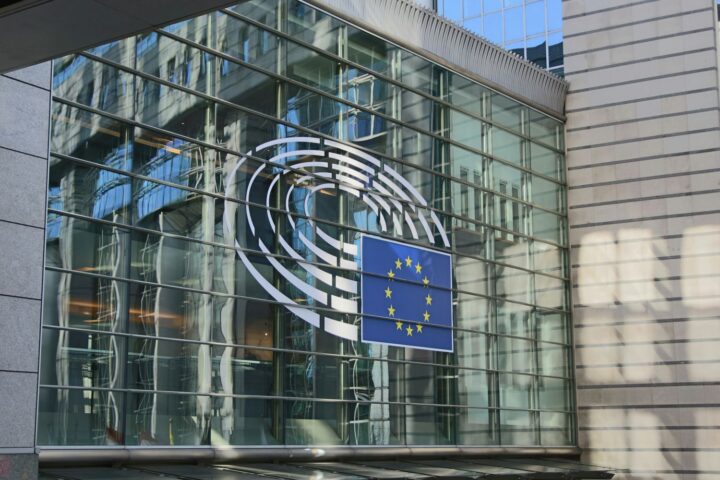NFU Press Release: State of the European Union address 2025 – Competitiveness must not serve as a vehicle for deregulation
Today, European Commission President Ursula von der Leyen delivered her State of the European Union (SOTEU) address. Carin Hallerström, NFU General Secretary welcomes President Ursula von der Leyen’s call for greater unity, a resilient European Union, and a decisive break from unanimity-based paralysis:
“At a time of profound geopolitical and economic challenges, we share the President’s conviction that Europe must be able to act with clarity, speed, and purpose. A Union rooted in solidarity, capable of defending its values and safeguarding its future, is vital for citizens and workers alike.”
On the upside, Carin Hallerström emphasised: “As NFU, we particularly appreciate the emphasis on building a more independent and resilient Europe: one that takes responsibility for its own security, harnesses its industrial strength, and channels innovation into sustainable transformation.” President von der Leyen’s recognition that Europe’s competitiveness rests not on division or delay, but on regulatory excellence, unity, and the capacity to lead globally, is an objective strongly supported by NFU.
President von der Leyen raised the Omnibus packages as flagship tools to boost competitiveness. NFU’s Head of EU Affairs Anna-Delia Papenberg criticises that the Sustainability Omnibus Directive reveals that the original focus on cutting reporting obligations and reducing complexity has evolved into a deregulation crusade that endangers all accomplishments the EU has made on responsible business, sustainability and transparency legislation.
Finally, President von der Leyen highlighted the preparation of a so-called 28th regime alongside the Savings and Investments Union. Framed as a tool to support innovative companies in critical sectors such as quantum technology, Artificial Intelligence, and biotechnology, the proposal was presented as a way to retain fast-growing firms and prevent capital and talent from leaving Europe.
Yet from an employee’s perspective, the concept of a 28th regime is highly problematic. Unless its scope and application are defined with extreme care, such a framework could become a parallel legal track designed to bypass existing labour standards, reporting requirements, and social safeguards. History shows that “special regimes” created in the name of innovation often erode protections rather than strengthen them, creating uneven obligations between traditional industries and newer entrants.


